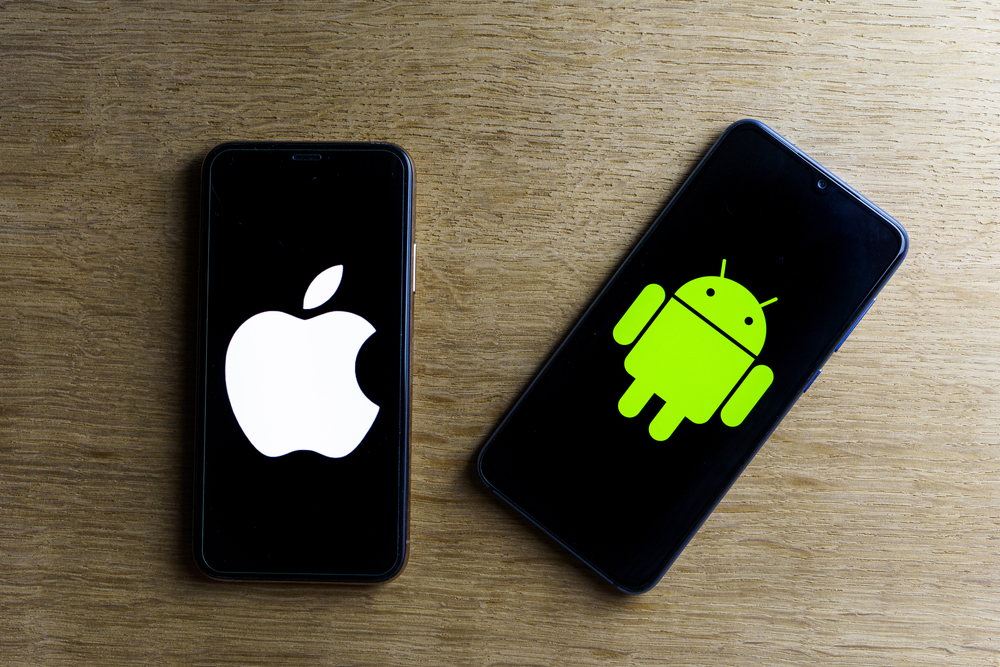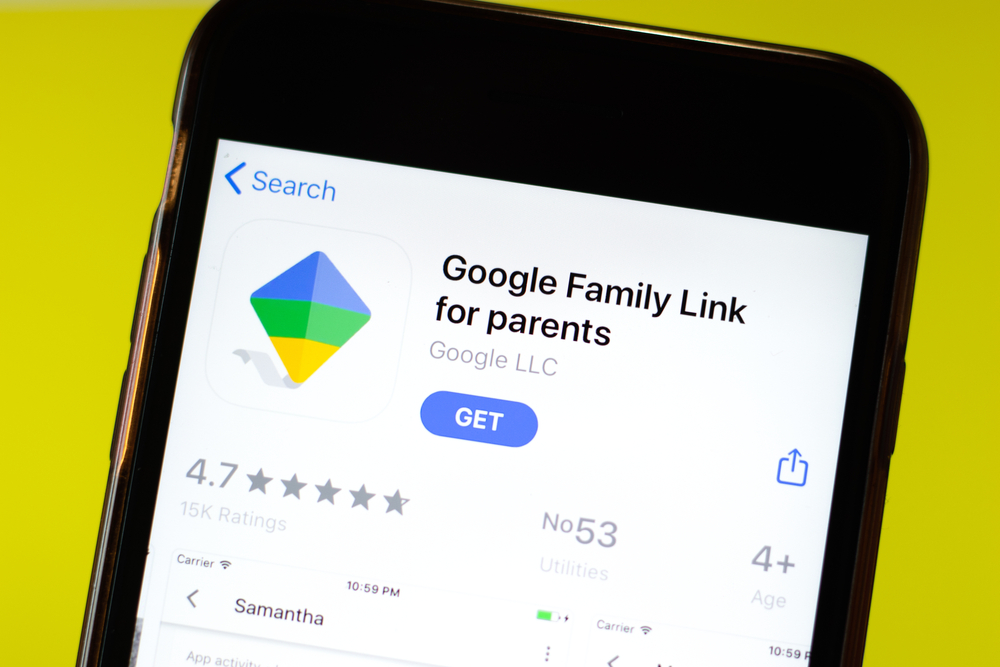The question of whether there should be specialised phones designed specifically for children has become a topic of discussion among parents. “Kid-friendly phones,” would aim to address parental concerns while providing children with a means of communication. However, beyond the benefits and challenges of safety, there are practical considerations to take into account.

Financial Considerations: Contracts vs. Flexibility
One of the primary concerns for parents considering a special phone for their child would be the financial commitment involved. Unlike handing down an old out-of-contract phone to a child, acquiring a specialised device would mean entering into a long-term contract. These contracts typically include the cost of the phone, spread out over monthly payments, along with the SIM plan. The alternative in this situation would be a high entry cost for purchasing the phone outright in advance and a smaller ongoing monthly cost for the SIM only.
For many families, committing to a long-term contract for a child’s first phone would raise questions about long term affordability and flexibility, particularly with the high risk of losing the phone, or not even using it a couple of months down the line.

Insurance Costs: Protecting the Investment
In addition to the monthly contract payments, another financial consideration for parents would be the cost of insurance for the specialised phone. Children, particularly younger ones, are more prone to accidents and mishaps, including loss or damage to their devices. As such, insuring a special phone for a child may come with a higher price tag compared to standard smartphone insurance policies.
The increased insurance costs reflect the heightened risk associated with children’s phones and the likelihood of needing to replace or repair the device in the event of loss, theft, or accidental damage. For parents, factoring in these additional expenses would be essential when evaluating the overall affordability a specialised phone contract for kids.

Hardware Reliability: High Volume vs. Low Volume Production
Another factor to consider when weighing the pros and cons of specialised phones for children is the reliability of the hardware. Specialised phones, designed for a niche market, are typically produced in low volumes, which may increase the likelihood of hardware issues or defects. In contrast, standard smartphones, produced in high volumes and widely used by consumers worldwide, have undergone rigorous testing and refinement over time, resulting in more reliable hardware.

Compatibility with Existing Operating Systems
Furthermore, specialised phones for children may have their own operating system or use a modified version of the Android operating software. Many parents like to share purchases, music, and other content within a family group via the Apple iOS or Android ecosystem. Special phones with unique operating systems would likely not allow this, particularly for Apple users, and could be a deal-breaker for many families.

Application Management and Minimum Age Requirements
It’s worth noting that application blocking or approval, a feature typically associated with a special phone for a child, can be achieved using the parental controls on any modern smartphone. Parents can block social media applications, choose to allow other applications if appropriate or control browser usage using Google or Apple’s parental controls.
Furthermore, social media platforms such as TikTok and Snapchat have minimum age requirements, typically 13 years old, while WhatsApp requires users to be at least 16 years old. These rules are in place for a reason, and if children are not old enough to meet these requirements, they should not have access to these platforms.

ParentShield: A Flexible and Secure Alternative
An alternative to a specialised phone for a child is leveraging the features offered by ParentShield, an Award winning UK MVNO offering a SIM Only solution designed with children’s safety in mind. With ParentShield, parents have the flexibility to add a SIM card on a 30-day rolling contract to any unlocked phone, eliminating the need for long-term commitments or specialised devices.
ParentShield offers a comprehensive suite of features to keep children safe and connected by providing a suite of safety tools that parents can switch on or off remotely as needed. From call and text monitoring to time controls and alerts, parents can manage their child’s mobile experience with ease. Additionally, ParentShield’s agreement with the Telephone Preference Service ensures that all mobile telephone numbers issued by ParentShield are pre-registered to the national ‘do not call’ register, offering added protection from unsolicited sales and marketing calls.
By choosing ParentShield with a basic feature phone or locked-down Smartphone, parents can provide their children with a safe and reliable mobile connection without the financial constraints or limitations associated with specialised phones.

